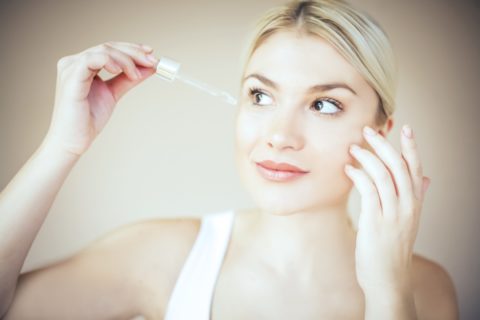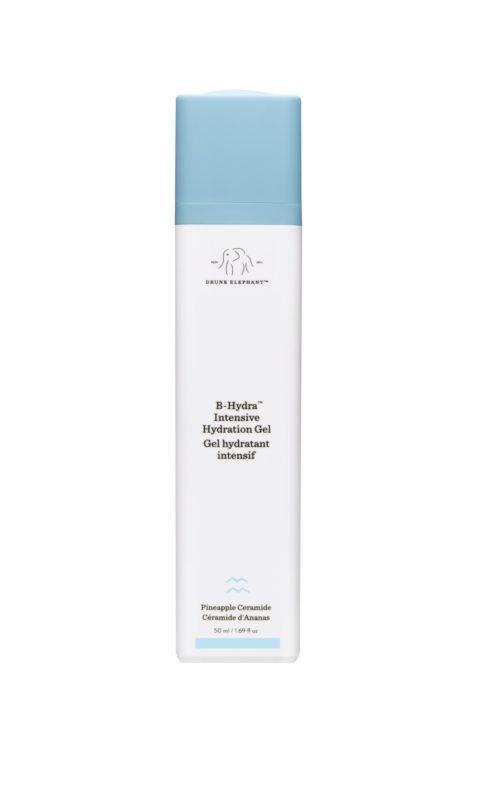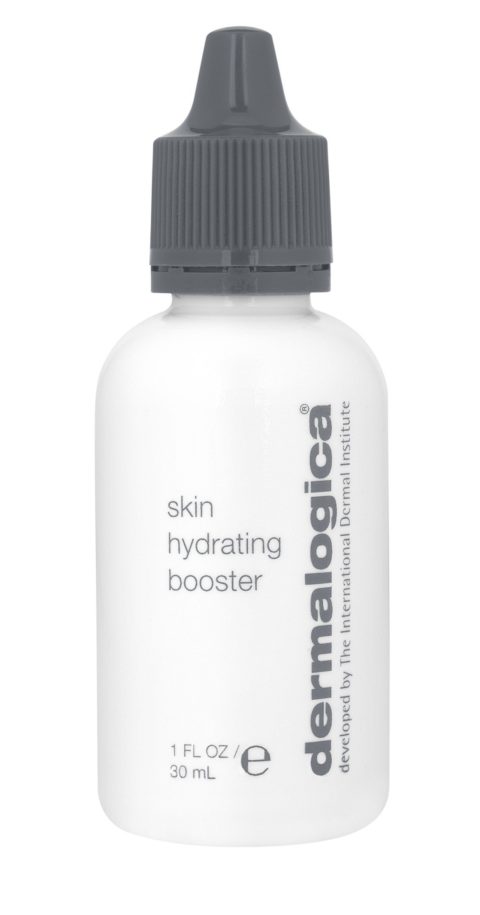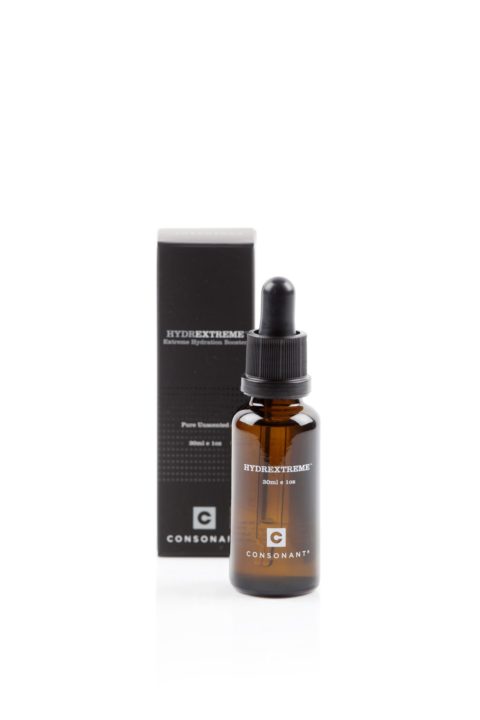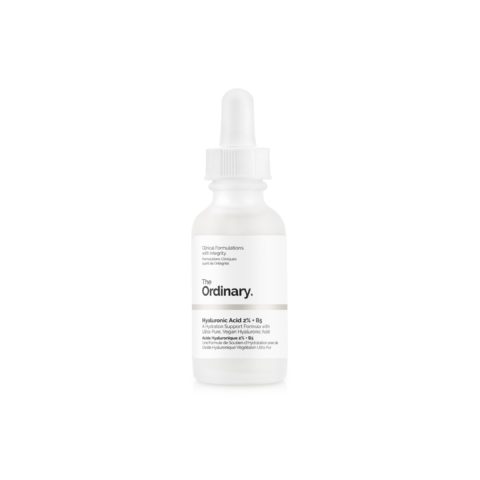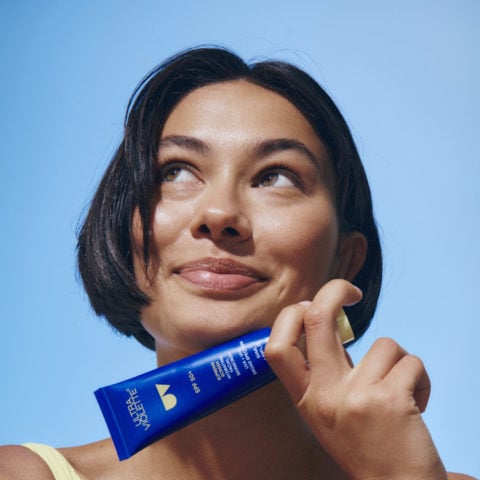Why It Might Be Time To Break Up With Your Moisturizer
It’s a commonly held belief that the thicker the face cream, the more moisturizing it is. But a new generation of lightweight, watery serums are packing a hydration punch good enough to forgo your usual creamy go-to. Here’s why it might be time to ditch creamy and heavy in favour of light and silky for some seriously hydrated skin.
But first, why should hydration be a top skin concern?
“When the skin is dry, it’s vulnerable and lacks the protective barrier to ward off bacteria, dirt and pollution,” says certified skin care therapist Seanna Cohen. The result is your skin is more susceptible to irritation, resulting in breakouts, redness and in some cases inflaming conditions like eczema. Without that protective barrier, your skin can become severely dehydrated, which can contribute to a whole host of other issues too, including accelerating the signs of aging. Basically, your skin needs to be hydrated to look and feel good and healthy.
Why ditch creams?
“The skin can actually tolerate oil quite well, but it’s ingredients like petrolatum, lanolin and certain waxes that are often in thick creams that sit on top of the skin and trap oil in the pores,” says Cohen.
Dr. Paul Cohen, a board-certified dermatologist, agrees. “I see a lot of women with persistent acne, and one of the main culprits is moisturizers that are too thick.” While thicker creams can be a good source of hydration, for those with acneic skin, they also exacerbate a problem that could potentially be solved with lighter skin care options. “There really are a lot of good serums on the market now, that can do a good job of hydrating the skin, without the use of thick, heavy cream.”
WTF are hydrating serums anyway?
So how do you decide if a hydrating serum is the way to go? First, if you do suffer from acne, it might be worth swapping out your cream for one. “Serums are nice and watery in texture and they’re light and thin, making them a great option for people with acne,” says Dr. Cohen.
They’re also best for people with oily skin who find a rich cream to be overkill, but still want to make sure that their skin is moisturized. Kristina Breckon, Consonant Skincare lead regimen coach, points out that many people with oily skin actually have dehydrated skin (dehydration is a lack of water, not oil), and need to get that hydration without any added heaviness. “The smaller molecule size allows serums to penetrate deeper and pull moisture deeper, instead of just sitting at the top of the skin,” says Breckon. So with a serum you won’t have to worry about adding to an already slick skin situation.
Plus, a serum’s lightweight texture and quick absorption makes it ideal for layering with other serums, or under sunscreen and makeup. “The use of serums really allows for use of multiple products,” says Dr. Cohen, without feeling heavy.
When it comes to choosing a serum, look for hyaluronic acid, the generally accepted, gold standard of hydration. You can also keep an eye out for other hydrophilic or humectant ingredients like Cassia Angustifolia Seed Polysaccharide (found in Consonant’s Hydraextreme) and vegetable glycerin. The ingredient to avoid is silicones. “They sit on top of the skin and make it feel smooth,” says Breckon, “but don’t actually allow ingredients to penetrate the surface.”
Browse the gallery below for our recommendations for the best hydrating serums.

